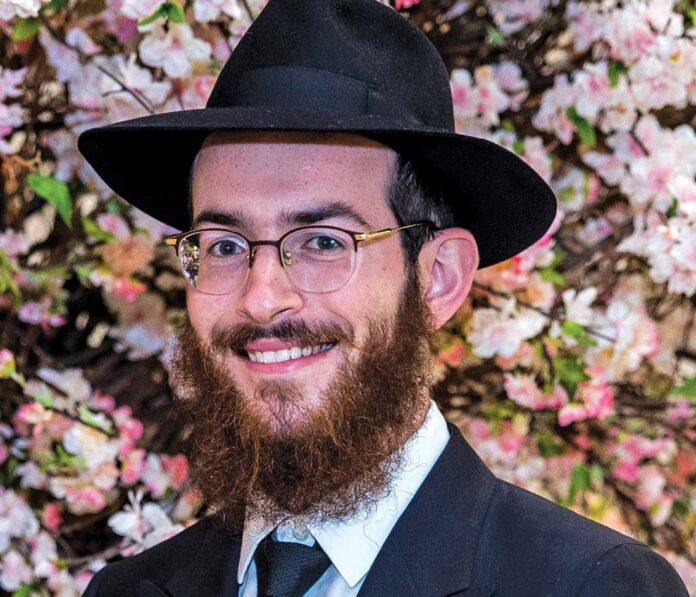A few of you may have noticed the curious-looking structure that popped up outside my home recently. No, we did not embark on an overnight house expansion project. What you saw is our sukkah—a temporary structure that is the highlight of the weeklong holiday of Sukkot—the Festival of Tabernacles.
The sukkah in its simplest sense is a building of at least three walls with a roof made of vegetation loosely piled on.
By Jewish law, and by design, it must be flimsy, impermanent, fleeting. It’s a reminder of something many of us rarely come face to face with: how very precarious our lives may be.
Just ask the millions affected by Hurricane Ian. A few short weeks ago, they had homes that hadn’t come under any real threat in a very long time, and now many were left homeless.
I recently saw a poignant image of two people erecting a sukkah together in Fort Myers, Florida. One was a local community member, who just saw his neighborhood reduced to ruins by the horrific hurricane. The other was a refugee from Ukraine, who fled his home as bombs and missiles rained down amid the worst war his continent has seen in many decades.
For both of them, just a few months ago the prospect that their lives and homes would be uprooted was unthinkable.
It reminded me that as permanent, solid and stable our lives may seem, ultimately it is G-d’s providence that gives us shelter and stability.
“You shall dwell in sukkot—booths—for seven days,” G-d commanded. “In order that your [ensuing] generations should know that I had the children of Israel live in booths when I took them out of the land of Egypt.” (Leviticus 23: 42, 43)
When the Jewish people were redeemed from slavery in Egypt and fled to the Sinai desert, G-d miraculously created huts for them, to shelter them from the elements. We remember this each year as we dwell in our own sukkahs. We eat, drink—some even sleep in their sukkahs.
That’s one reason why we celebrate Sukkot in the fall, when the weather is cooler and often less pleasant. A little rain or chill as we enjoy our holiday meals isn’t a bug—it’s a feature. It drives home the very impermanence of our sukkah—and our lives, and the importance to be there for others experiencing instability.
And we pray that G-d speedily brings the era when everyone will live in peace, stability and tranquility, may it happen very soon.
Rabbi Mendel Liberow is the director of Chabad South County Jewish Center in Morgan Hill, which offers Jewish education, outreach and social service programming for families and individuals of all ages, backgrounds and affiliations. For information, visit JewishMH.com. Please be in touch with any comments, questions or feedback at so**************@***il.com.














